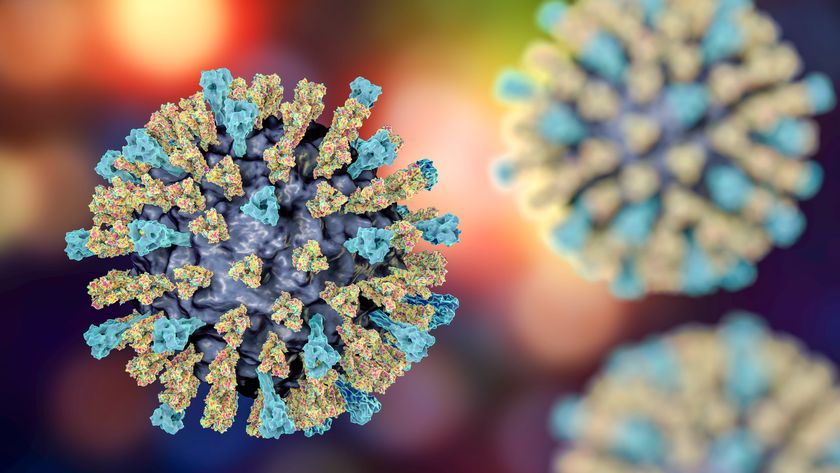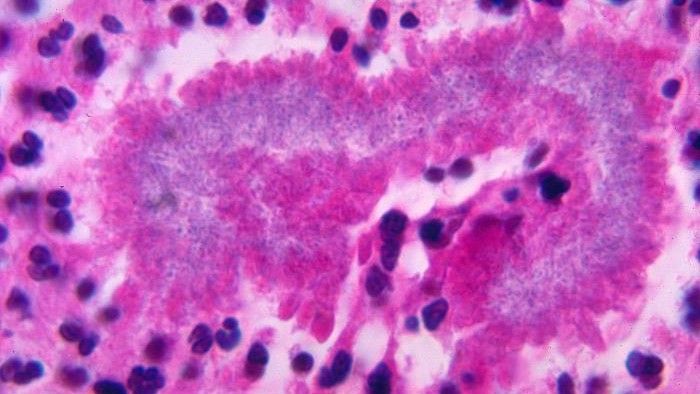Trans Fat Linked to Heart Disease, Huge Study Review Concludes

The amount of trans fat in a person's diet is linked with his or her risk of developing or dying from heart disease, a new review of studies suggests.
The review showed that people who ate higher amounts of trans fat were 34 percent more likely to die from any cause over the periods studied, compared with people who ate lower amounts of trans fat. The studies of death rates that the researchers analyzed tracked people over seven to 10 years.
People who ate more trans fat were also 28 percent more likely to die from heart disease, and 21 percent more likely to develop heart disease, compared with people who ate smaller amounts of trans fats.
However, the source of trans fats in the diet may be important, said Russell de Souza, a co-author of the study and an assistant professor of epidemiology and biostatistics at McMaster University in Hamilton, Ontario. [3 Tips for Eating Less Trans Fat]
"Industrially produced" trans fats, which are man-made fats added to foods such as shortening and baked goods, appear to be more harmful than "ruminant" trans fats, which naturally occur in smaller amounts in foods such as butter and beef, de Souza told Live Science.
The review's findings support efforts by the U.S. Food and Drug Administration to remove "industrially produced" trans fats from the nation's food supply, de Souza said.
The researchers did not find evidence that healthy adults who consume diets higher in saturated fats — the kind of fat found in meat, milk, cheese and egg yolks — face a greater chance of heart disease, according to the findings, published today (Aug. 11) in the journal The BMJ.
Sign up for the Live Science daily newsletter now
Get the world’s most fascinating discoveries delivered straight to your inbox.
However, the analysis couldn't confidently rule out that saturated fat may increase a person's risk of dying from heart disease," said de Souza, who is also a registered dietitian.
Better-designed studies are needed to help researchers fully understand the role of saturated fats in disease, he said.
For the review, researchers gathered data collected during 73 studies on saturated fats and 50 studies on trans fats published over the past 30 years. The analysis relied on data from observational studies, which follow groups of people over time to see what diseases they develop, de Souza explained.
Healthful eating
Currentdietary guidelines in the United States call for healthy adults to limit the saturated fats in their diets to no more than 10 percent of their daily calories.But for people at increased risk of heart disease, the American Heart Association recommends consuming no more than 6 percent of total daily calories from saturated fats.
The U.S. Dietary Guidelines also recommend limiting trans fats — such as the partially hydrogenated oils often found in cookies, crackers, baked goods and stick margarines — to less than 1 percent of daily calories, to reduce the risk of heart disease and stroke.
Some researchers have called for increasing the amount of saturated fat allowed in the diet of healthy adults because some emerging evidence suggests there is little difference in heart disease risk based on levels of saturated fats. However, de Souza said the new review study does not support recommendations to increase saturated-fat intakes.
He said that, in many of the published studies that compare the risks of people who follow diets higher in saturated fats to those who eat lower amounts of saturated fats, the people who ate lower amounts of saturated fat were also eating more refined carbohydrates. But replacing saturated fats with refined carbohydrates, such as sugars and starches, is not the best way to reduce health risks, de Souza said.
It's better to replace foods such as beef, lamb, pork and high-fat dairy products with fruits and vegetables, whole grains, beans, peas and nuts, as well as unsaturated fats, such as olive and canola oils, he said.
"It's important for people to remember there is no one nutrient or food that's responsible for all heart disease, diabetes or death," de Souza said. "The whole diet matters."
Follow Live Science @livescience, Facebook & Google+. Originally published on Live Science.
Cari Nierenberg has been writing about health and wellness topics for online news outlets and print publications for more than two decades. Her work has been published by Live Science, The Washington Post, WebMD, Scientific American, among others. She has a Bachelor of Science degree in nutrition from Cornell University and a Master of Science degree in Nutrition and Communication from Boston University.













